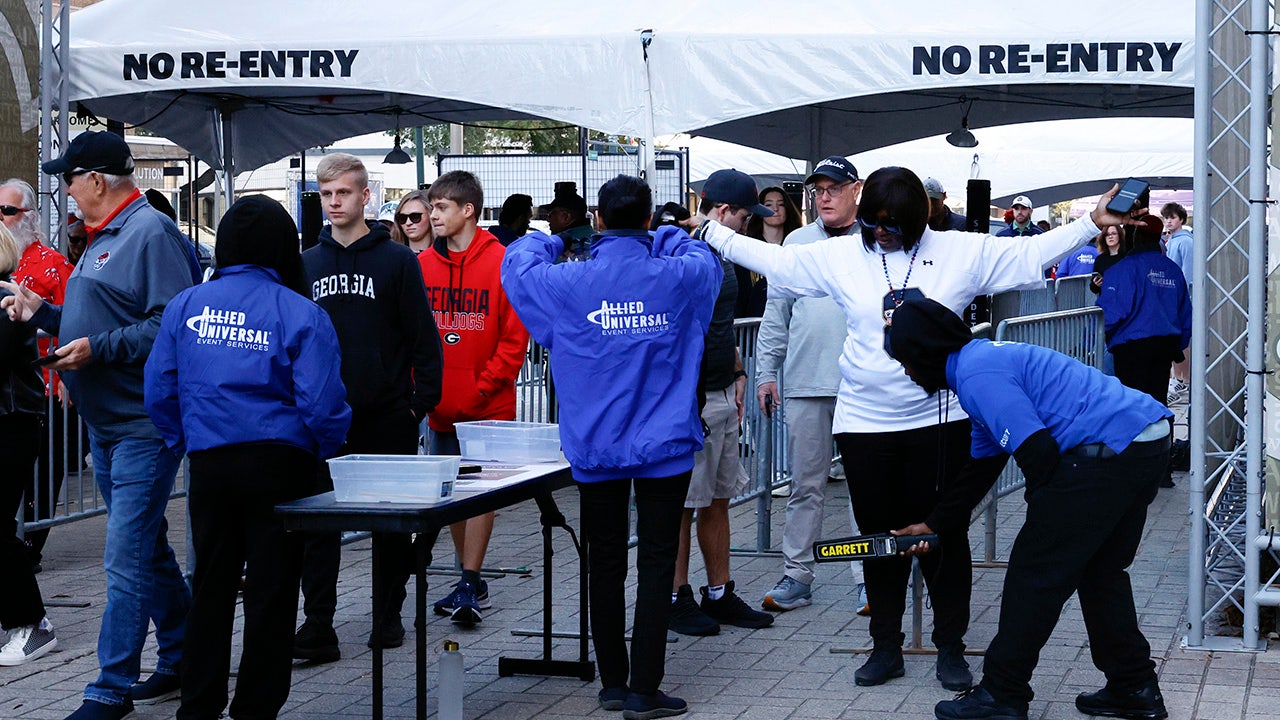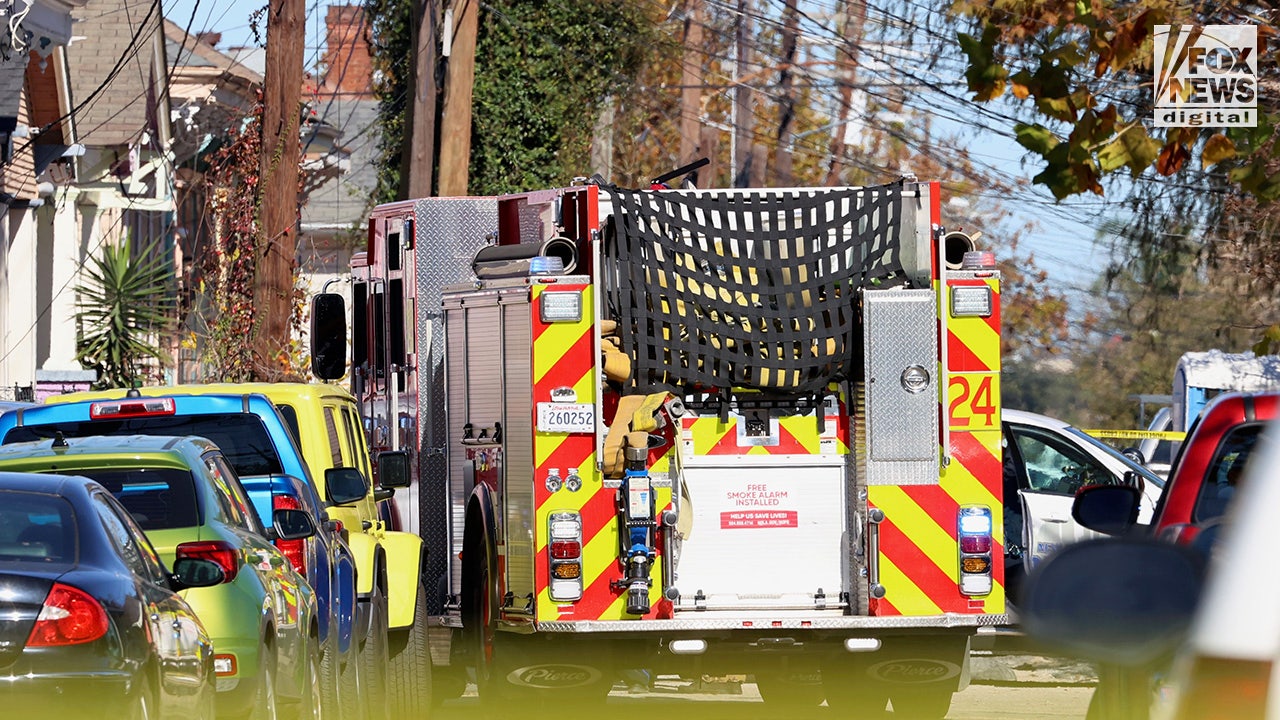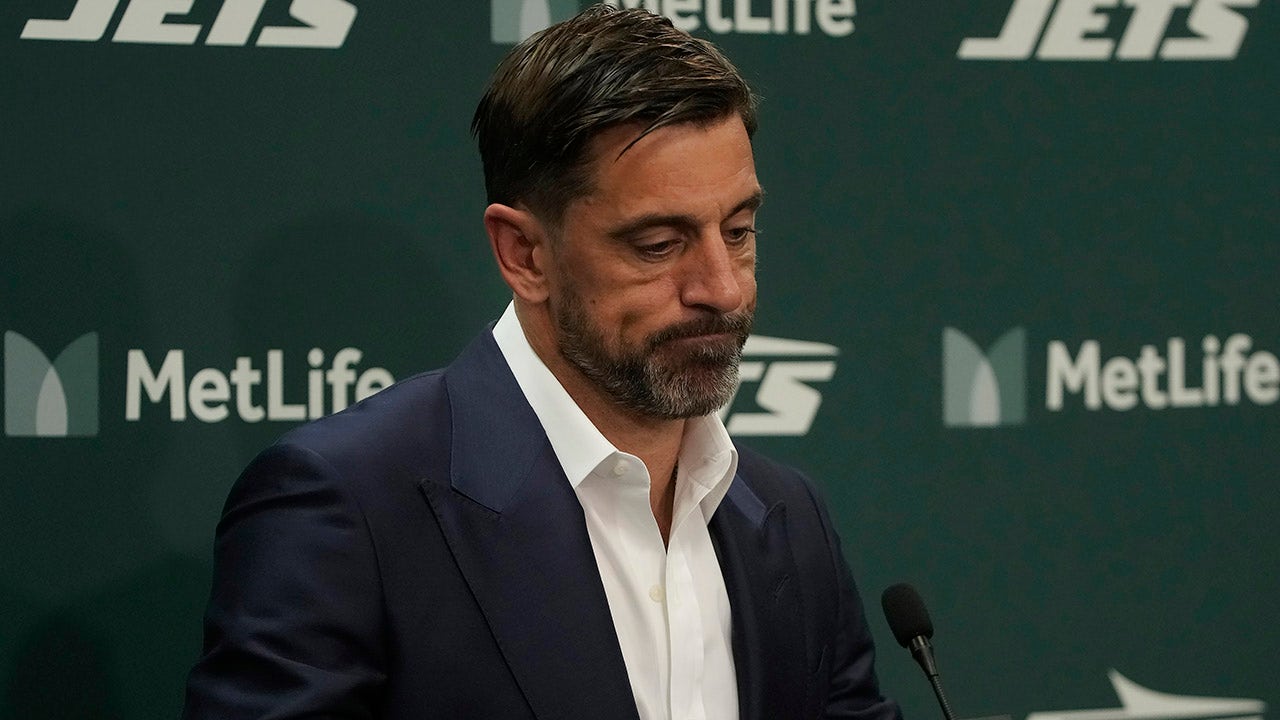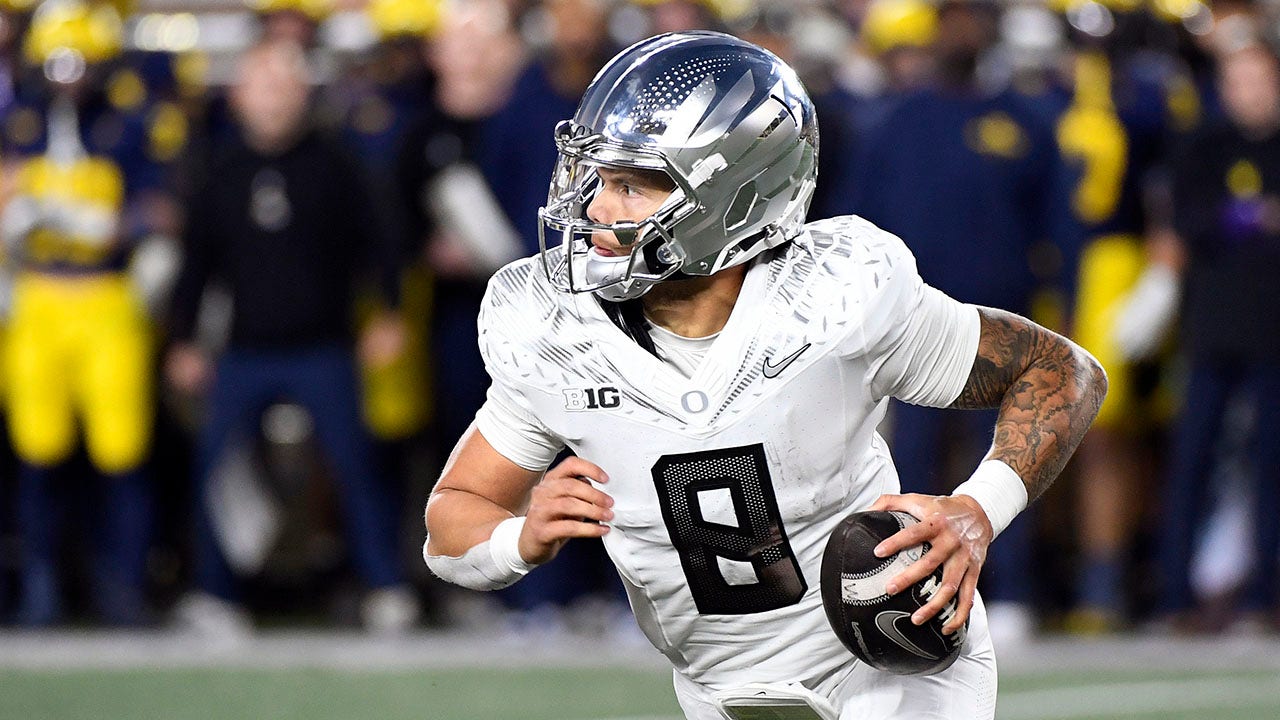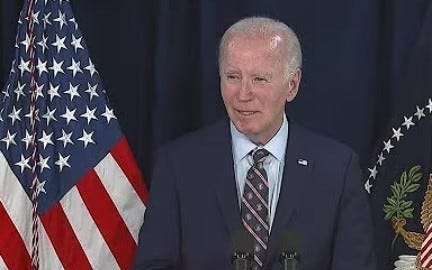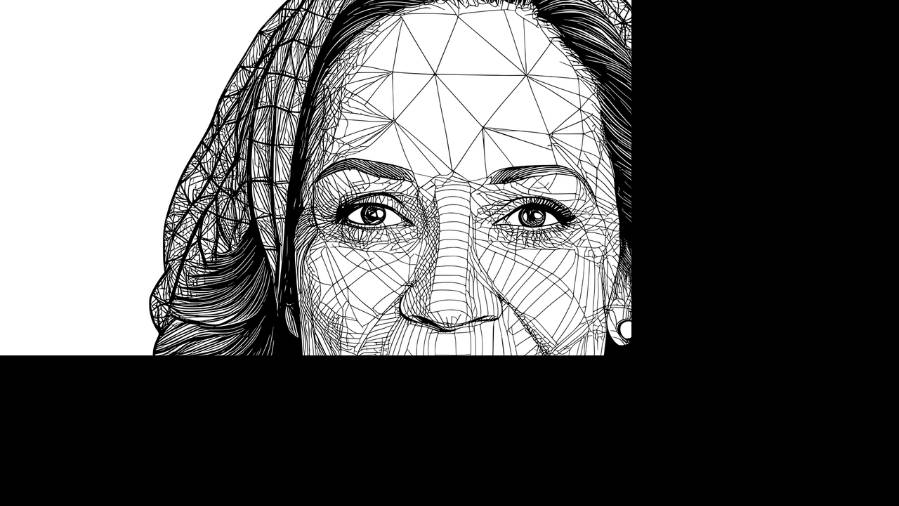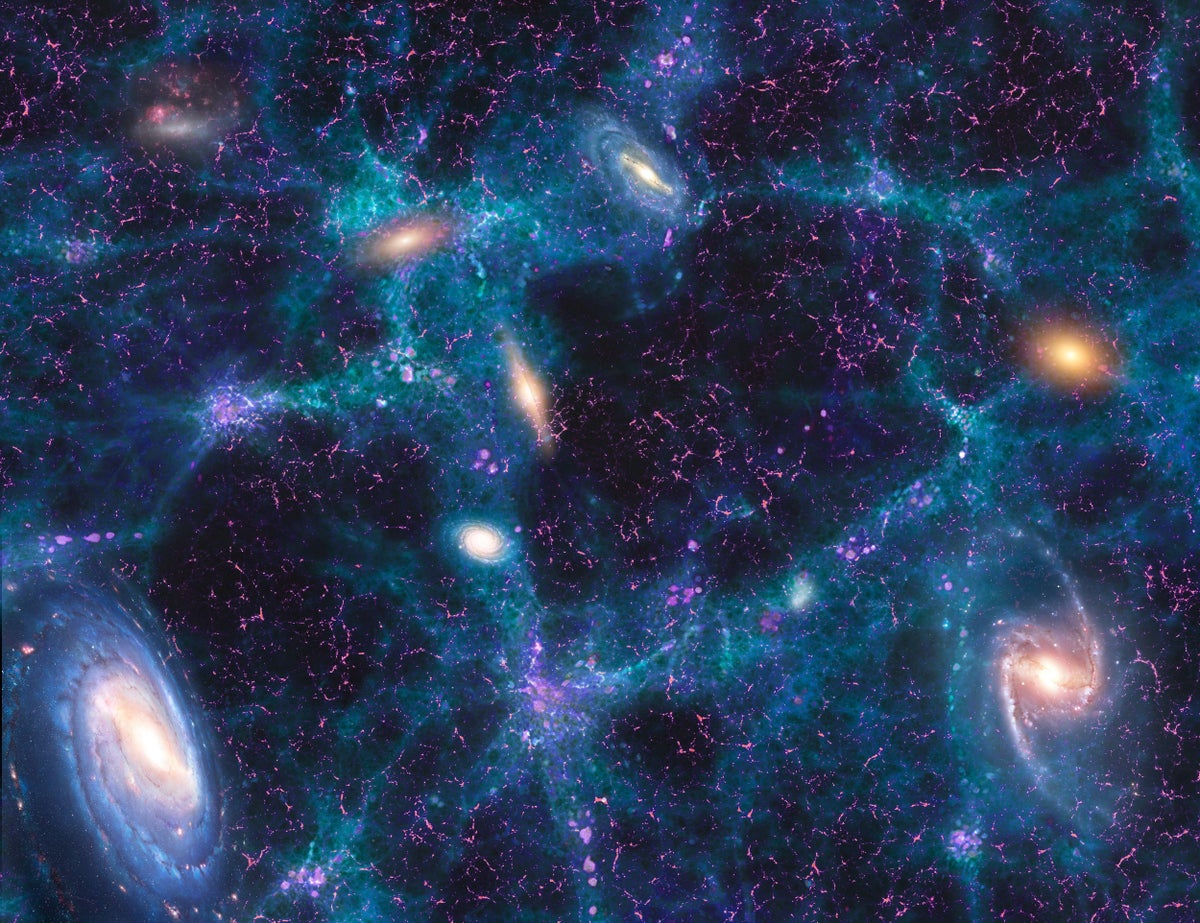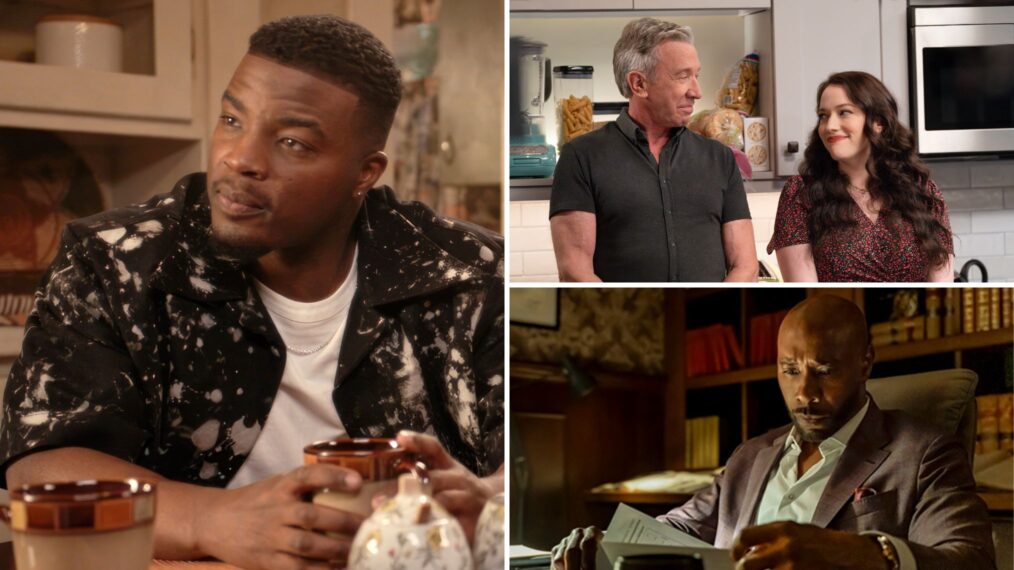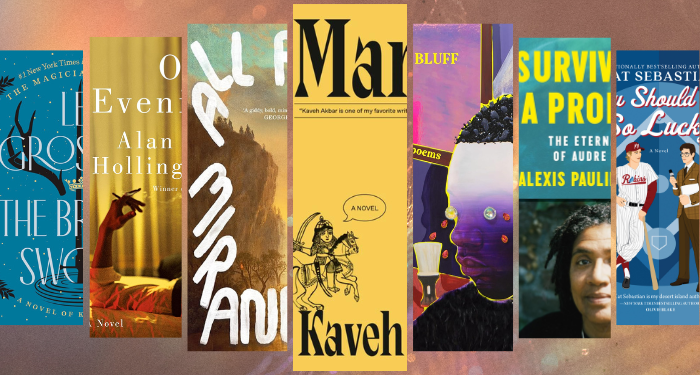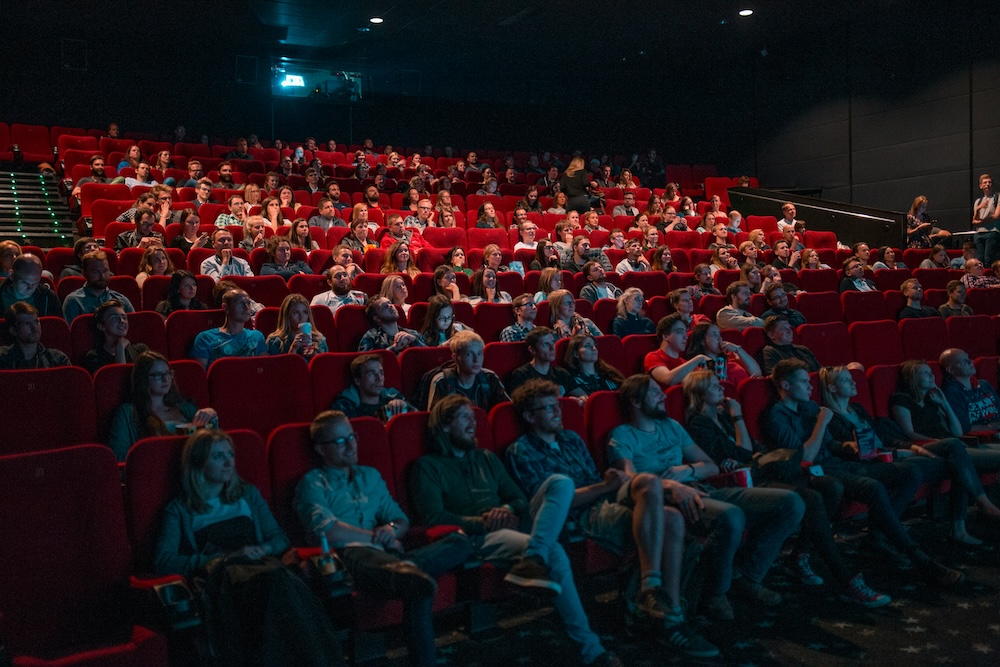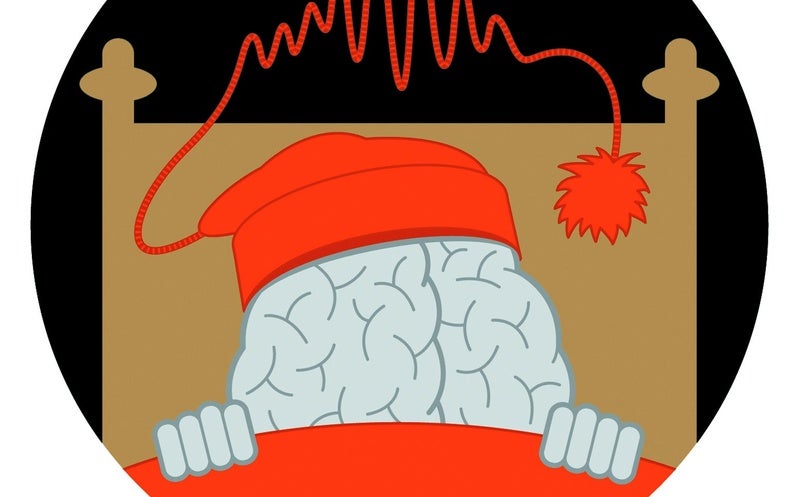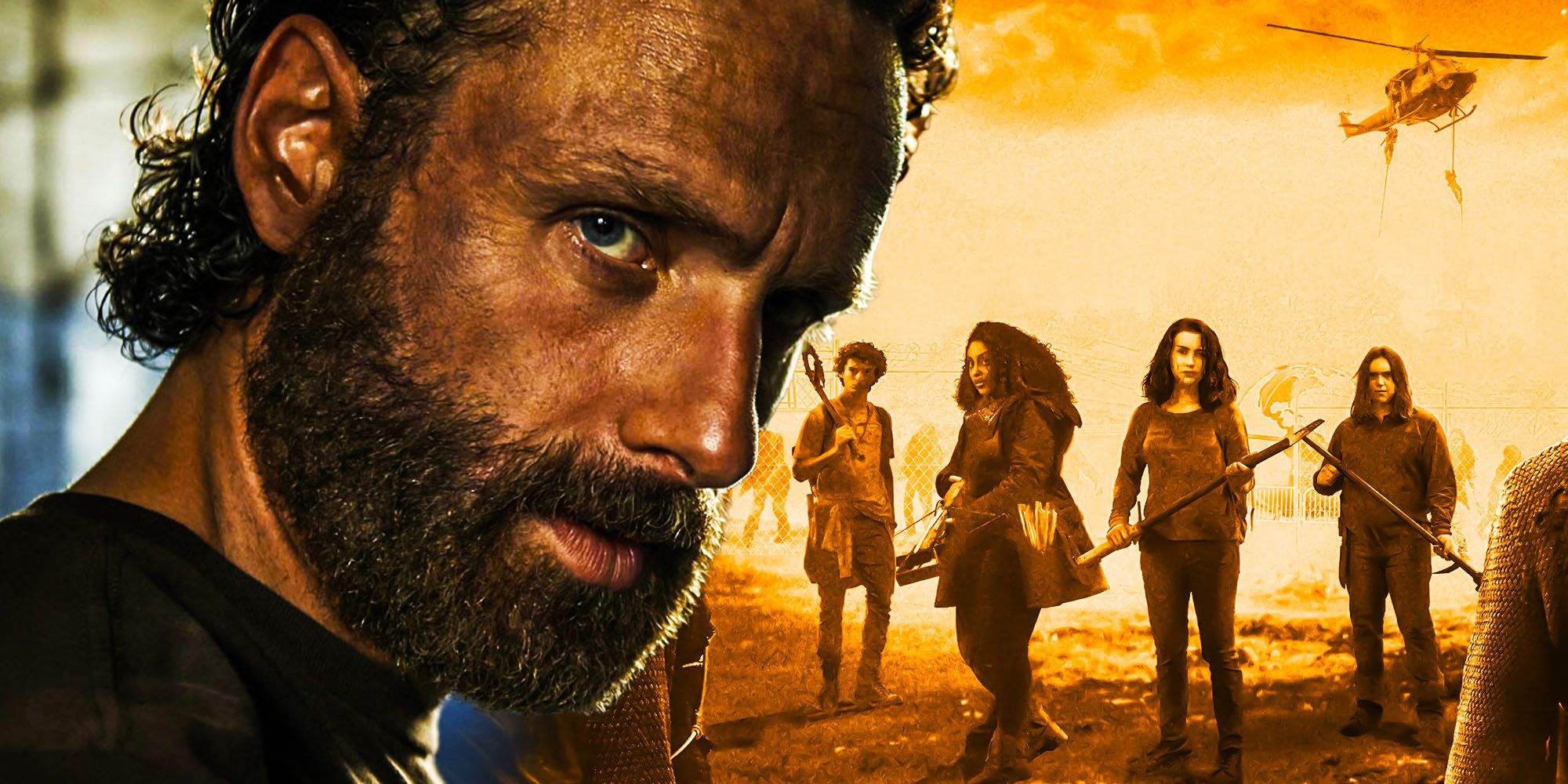Brendan Fraser, the Hollywood leading man who largely disappeared from the big screen in recent years, landed on the Lido in Venice Sunday to discuss what’s already being tipped as a potential career comeback project, Darren Aronofsky‘s A24 film The Whale.
A vivid chamber piece about a reclusive 600-pound man struggling to find redemption, the film has received an enthusiastic response at its first Venice press screenings this weekend.
During the press conference ahead of the movie’s world premiere Sunday night, Fraser was asked where The Whale fits in with the various phases of his long career and the many characters he has inhabited over the years — beginning with early physical comedy roles like Encino Man (1992) and George of the Jungle (1997), extending to The Mummy franchise (1999-2008) and more dramatic turns in titles like Gods and Monsters (1998) and The Quiet American (2002).
“I looked different in those days,” Fraser said. “My journey to where I am now has been to explore as many characters as I can. And this [film] presented the biggest challenge to me, and that’s what I wanted. By far and away, I think that Charlie is the most heroic man I’ve ever played. Because his superpower is to see the good in others and bring that out in them. And in that process, he’s on his journey of salvation.”
The Whale is adapted from a stage play of the same title by Samuel D. Hunter. The film opens on Charlie, an online writing instructor who never turns his webcam on while teaching. He makes excuses and is so good-natured that no one seems to suspect anything, but the real reason for his invisibility is his appearance — he weighs over 600 pounds and is unable to leave his home. His obesity starts to pose a grave threat to his health and his one friend, Liz (Hong Chau), a nurse, begs him to check into a hospital, but also recognizes that it might be more important to simply offer support.
Charlie’s status quo is upended by the return of his long-estranged adolescent daughter, Ellie (Sadie Sink), whose sudden willingness to resume a relationship with him seems more prompted by his offer to pay her and to ghostwrite her school essays than the desire for a fresh connection. Meanwhile, Charlie receives visits from a door-to-door evangelist (Ty Simpkins) who engages him in a dialogue about redemption that, despite Charlie’s lack of religious inclination, proves surprisingly resonant. The film hinges on the question of hope — and whether a tender man who has lost everything can find a way to imbue it back into the hurt and cynical people he most cares about.
When asked whether his deeply empathic performance as Charlie might launch a career comeback of sorts, Fraser demurred.
“I’m just trying to stay in the today,” he replied. “So I guess all I have to deal with [right now] is your good selves, for the most part. Thank you for the warm reception. I’m looking forward to how this film will make a deep impression on everyone, much as it has on me.”
Fraser said that he sees his character as “a light in an enclosed dark space” — one that has especial resonance in our current international moment of turmoil and devisiveness.
“I think it’s poetic that the trauma he carries is manifest in the physical weight of his body,” he explains. “I needed to learn to absolutely move in a new way. I developed muscles I did not know that I had. I even felt a sense of vertigo, when at the end of the day all the appliances were removed, just as you would feel stepping off the boat onto the dock here in Venice — that undulating feeling. And I say this because he gave me an appreciation for those whose bodies are similar, because I learned that you need to be an incredibly strong person physically and mentally to inhabit that physical being. And I think that is Charlie, also.”
Produced by A24, The Whale next travels to the Toronto International Film Festival ahead of its North American release on Dec. 9.


